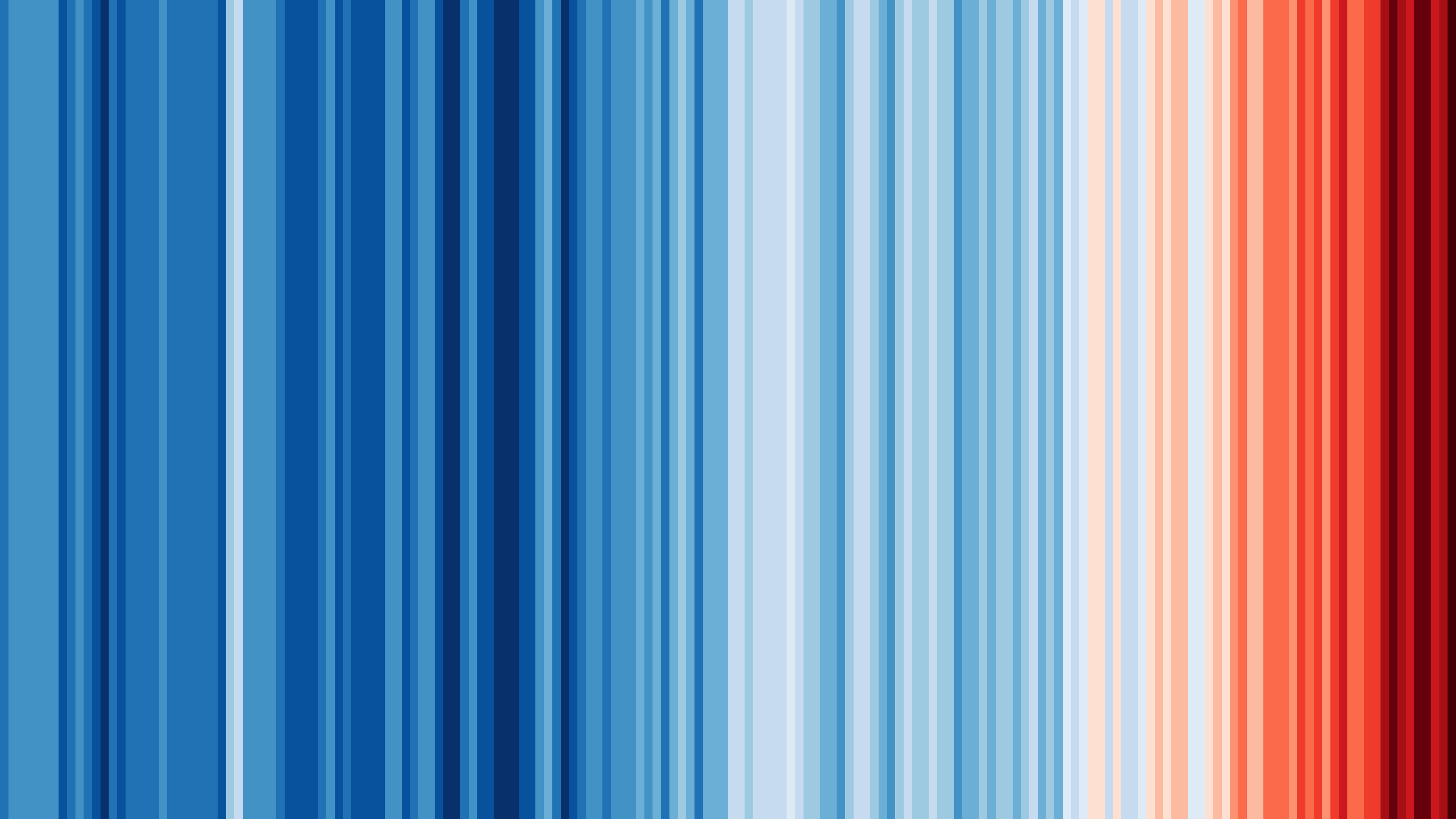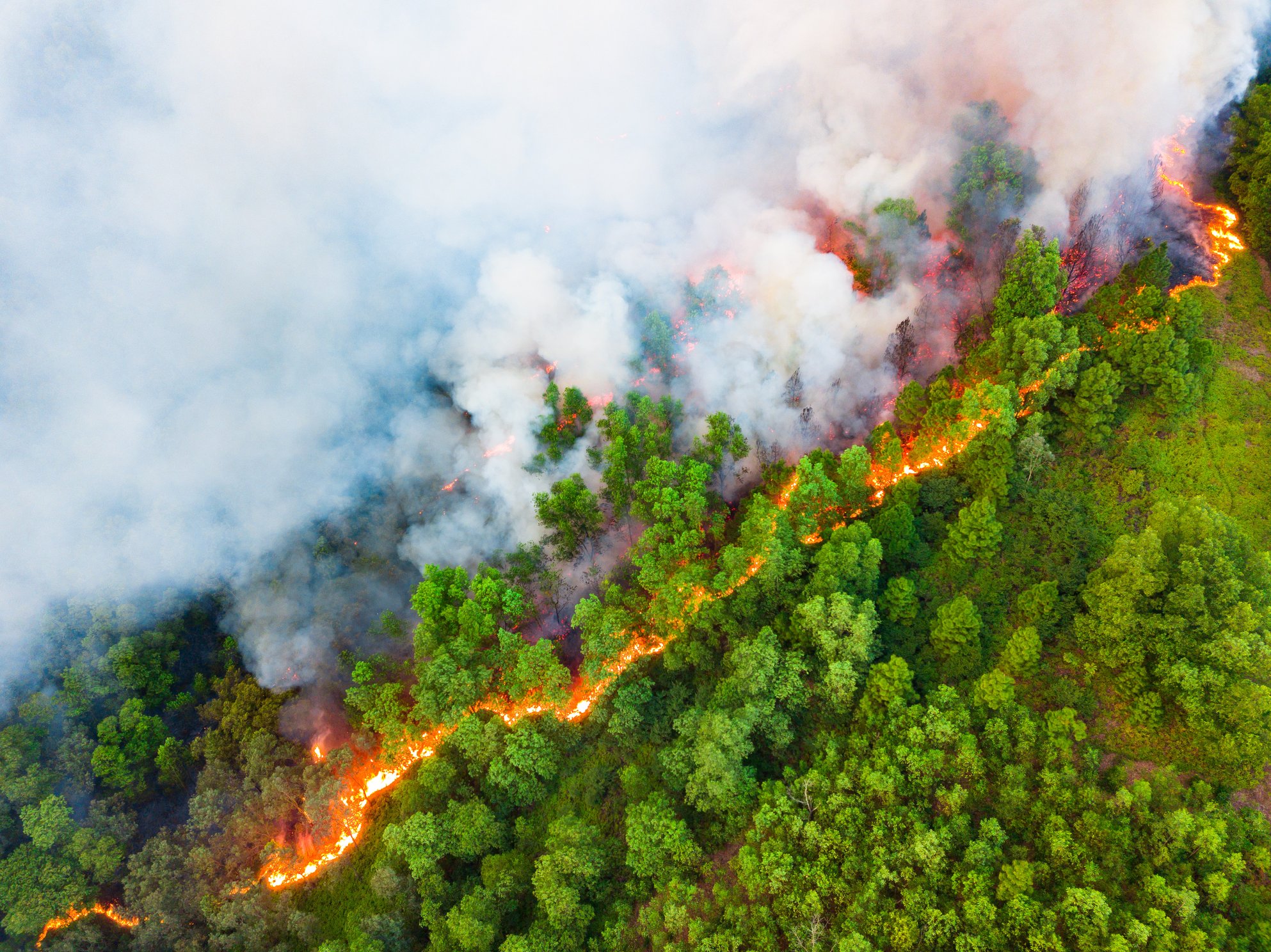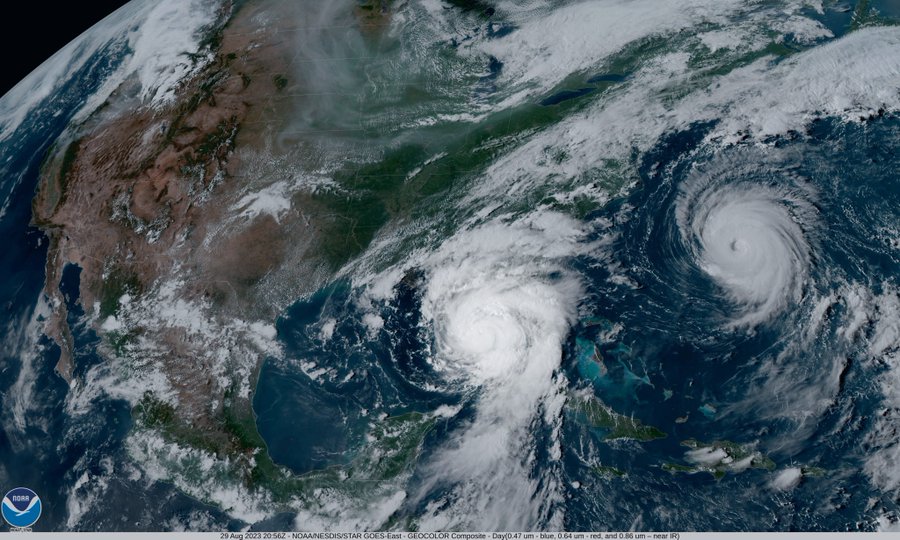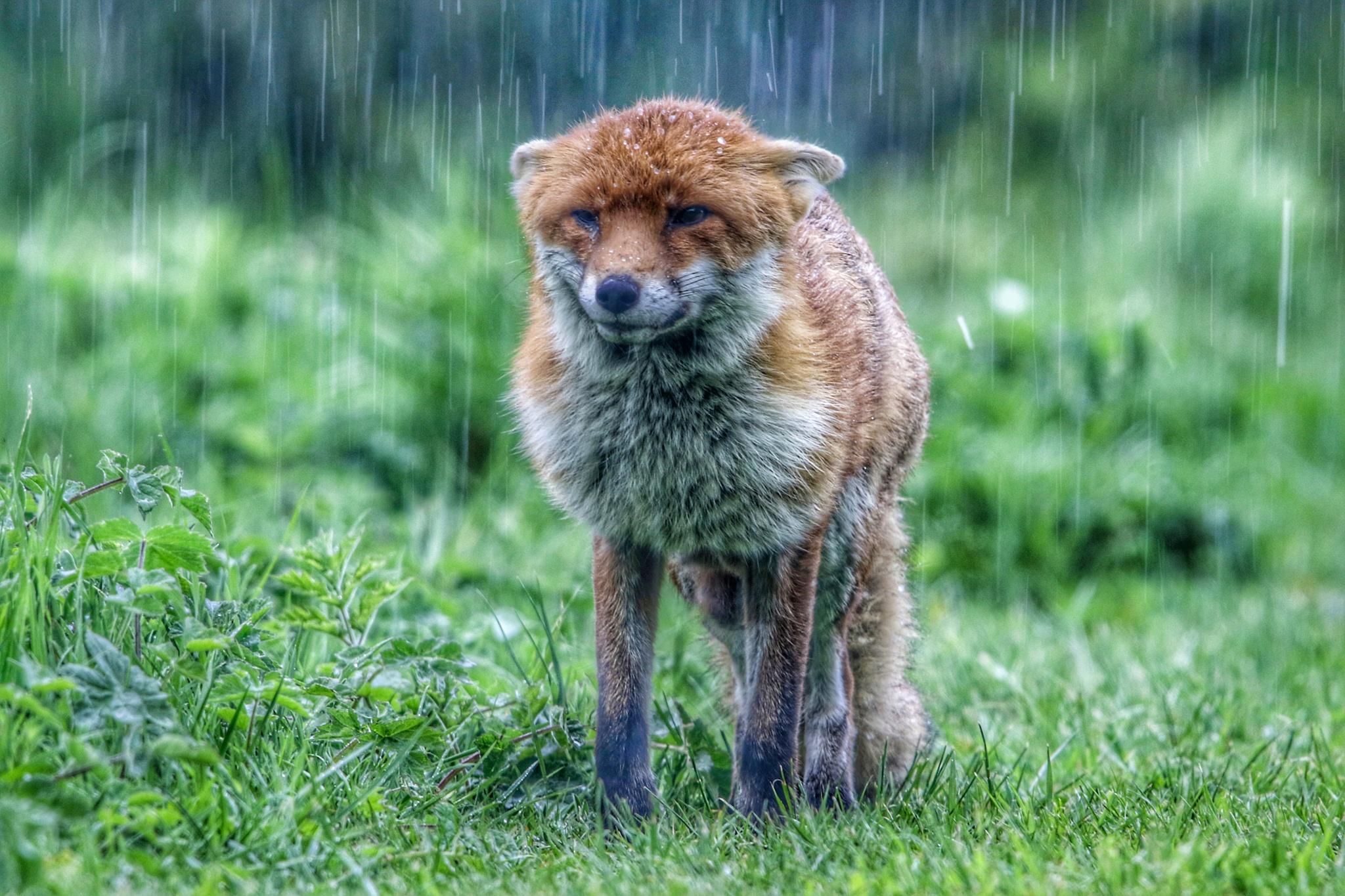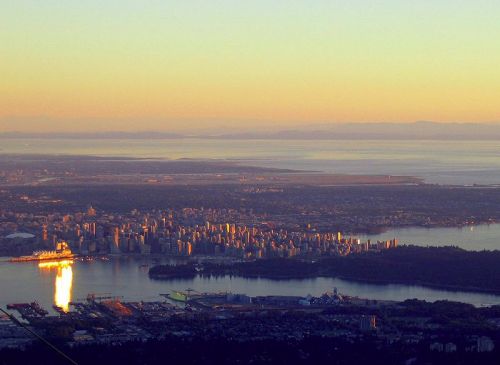

A Travellers' Guide to Vancouver
Image: View of Vancouver from Grouse Mountain by Adam Lindsay
You could say the people of Vancouver are as obsessed about the weather as the British. It’s not just because Vancouver is in British Columbia, it is more to do with it experiencing a similar climate to Britain.
Take Vancouver’s location. It lies on the western seaboard of Canada with the vast expanse of the Pacific Ocean to the west and the spectacular Rockies to the east. Since the prevailing wind direction is from the west, the influence of the Pacific gives Vancouver a maritime climate, which moderates its temperatures and increases the amount of rainfall.
The city is also tempered by the warm Japan Current, similar to the Gulf Stream in the Atlantic Ocean that provides a warmer climate to the UK. Vancouver is in fact the second warmest city in Canada despite the fact that summers can be cooler. Plants that would normally perish at such northern latitudes can survive due to the warming of the ocean currents.
Summer months are typically dry with plenty of sunshine as high pressure systems dominate. July and August are the sunniest and driest months when drought conditions often begin to take hold. During the height of summer, twilight can extend the length of each day well after sunset.
In contrast, the rest of the year is particularly wet. Vancouver is often referred to as the rainy city but it really depends what time of year you visit. It is not unusual to experience consecutive days with leaden skies and damp conditions particularly between November and March. Combine this with the shortened daylight hours when the sun sets around 4:30pm that can lead to long, dark winter months.
Predicting the weather in Vancouver can be a meteorologist’s nightmare. The variations between the coast and the mountainous terrains; the influence of sea-breezes and the infamous Pineapple Express that brings warm rain in the winter, all add to the challenge. You may recall the distinct lack of snow during the Winter Olympics 2010 in Vancouver, well that was all down to the Pineapple Express – when the position of the jetstream was further north bringing much milder conditions. This meant that Vancouver became the warmest city to ever host the Winter Olympics.
The winters are typically mild although cold arctic blasts can occasionally interrupt the prevailing westerly flow. Heavy snowfall is a common winter occurrence in the more mountainous areas of Greater Vancouver and makes it a perfect destination for a skiing holiday. Snowfall is less frequent and in smaller amounts in the city itself, where the snow tends to be quite wet and short lived. There have been exceptions to this, with some snow events leading to over 100cm of the white stuff. But like the UK, even the smallest amounts of snow can lead to school closures and traffic chaos in the city.
So if you are looking for somewhere that offers a home from home, when it comes to the weather, look no further than Vancouver.

